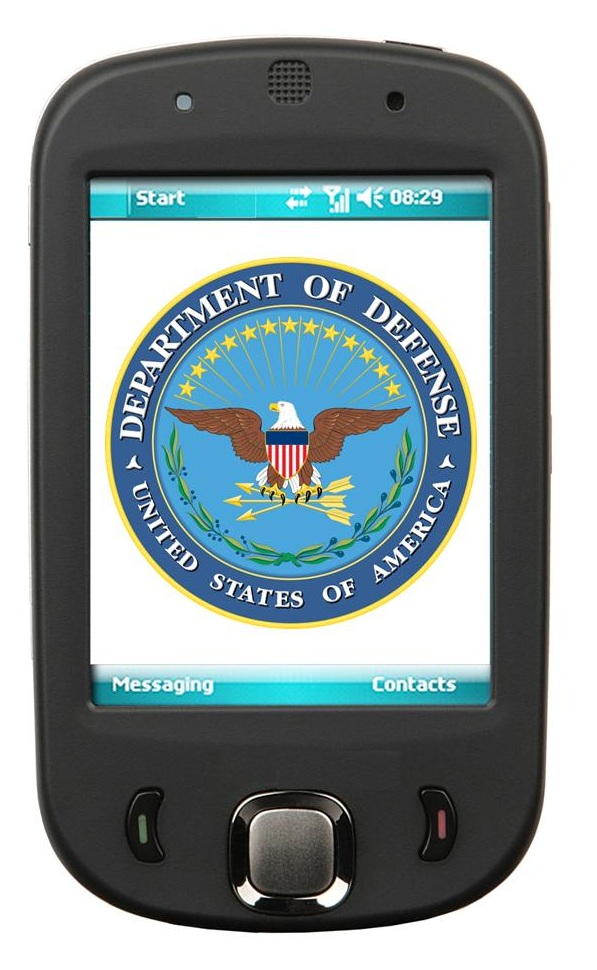 Mobile security continues to be high priority in government
Mobile security continues to be high priority in government
As the world becomes more mobile, the adoption of mobile technology on the government level is becoming more prolific. In the U.S., the federal government has been reviewing the quality of mobile devices based on the Android operating system. For several years, Blackberry mobile devices have been the standard for government workers, largely due to their mobile security features and the fact that these devices can be locked down relatively easily in the event of a serious threat. While Blackberry has long been a favorite for the federal government, that is likely to change due to the favor of the Department of Defense.
Samsung Knox wins approval from DoD
Late last week, Samsung announced that its mobile security suite known as Knox has received the approval of the Department of Defense. This approval had initially been restricted to the Blackberry operating system, which the Department of Defense had considered the most secure mobile operating system available. According to the federal agency, Samsung’s Knox mobile security software is on par with the security that can be found on the Blackberry operating system. As such, Android devices may soon become readily available to government workers.
Blackberry may soon see strong competition
Mobile security has become a major concerning for the federal government. Mobile devices traffic a significant amount of sensitive information, all of which is highly valuable to hackers and malicious groups that would be interested in exploiting this information. With mobile security having a high priority in the federal government, diversity in mobile devices has been somewhat sparse on the government level.
Approval from agency may boost enterprise performance of Samsung Galaxy S 4
Samsung is making a major push into the enterprise market with its Galaxy S 4, which will equipped with the company’s formidable Knox mobile security system. The enterprise market has, for several years, been dominated by the Blackberry. Whether Android devices can succeed in this realm is unknown, but their performance in the market is likely to see a significant boost from the approval of the Department of Defense.

 Mobile games are picking up steam in China
Mobile games are picking up steam in China